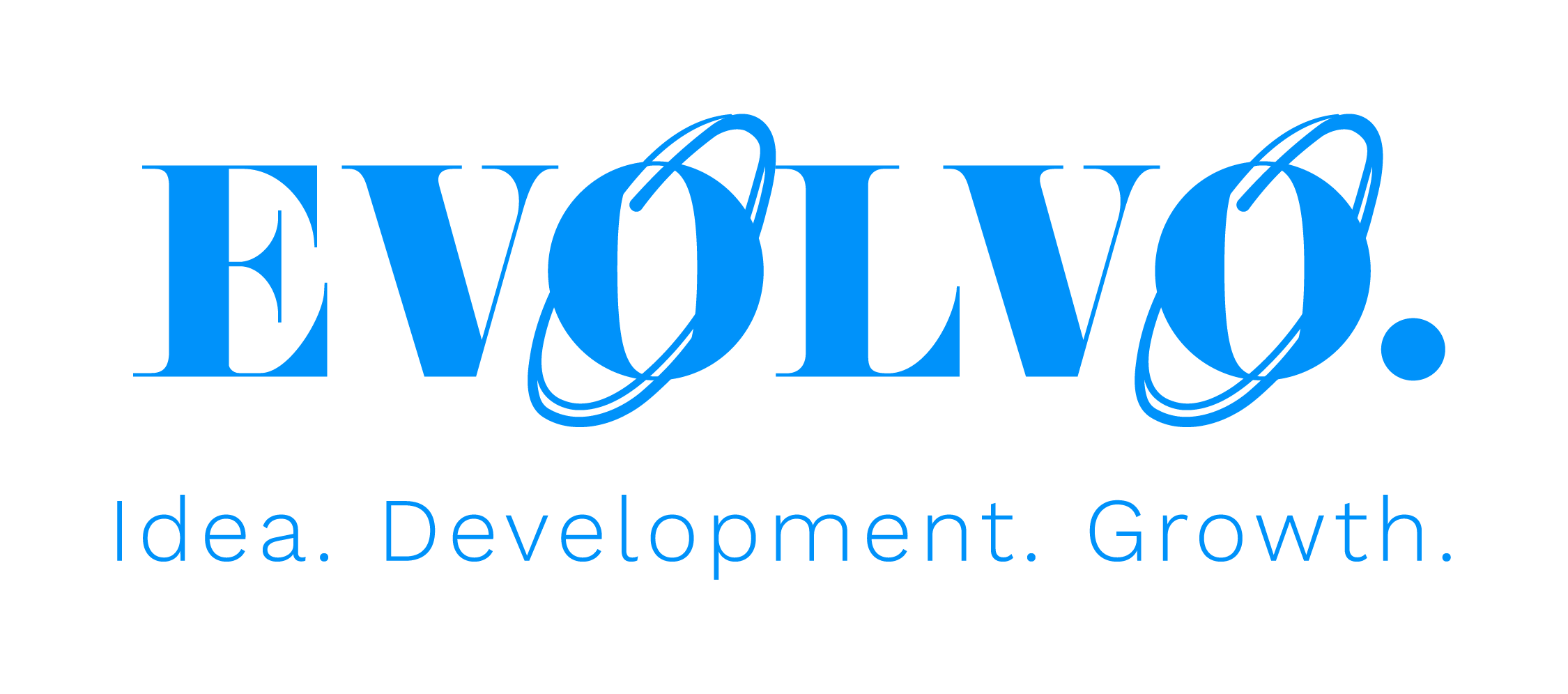In the world of business consulting, success is not measured solely by results, but also by a deeper understanding of clients’ needs and motivations. Psychology and emotional intelligence play a key role in this process, as they provide consultants with the tools and insights needed to build lasting relationships with clients.
Business consulting is not just about providing expert advice; it is an interaction between the consultant and the client that requires empathy, understanding, and adaptation. It’s often said that we have one mouth to speak and two ears to listen for a reason. By this logic, we should listen to our clients twice as much as we talk to them. Each client has unique needs, goals, and motivations, and successful consultants are those who can read between the lines and recognize unspoken needs.
For example, if client A has difficulty freeing up time for a meeting, it means that every minute is truly important to them. If they don’t say it explicitly, a good business consultant will notice and communicate very directly, clearly, and concisely. They will take only the most crucial information and work with what they have. On the other hand, client B might need to invest more time in their projects, establish a better relationship with the consultant, elaborate on projects in detail, and be more involved. Such a client will require more time to fully understand their needs. It’s crucial to listen to the client’s needs, so as not to approach client A as if they were client B, or vice versa. This can result in tangible frustrations on both sides.
Innovations in business consulting often focus on technological aspects, but the psychological factor is equally important, especially when dealing with startup entrepreneurs. These entrepreneurs often face a range of challenges and pressures, including a lack of experience, financial constraints, and emotional barriers. This is where the role of psychology becomes prominent.
Consultants who understand psychological dynamics can provide not just expert advice but also the support and motivation necessary for success. Using motivation techniques and expert guidance, they can help entrepreneurs identify priorities in their business, overcome obstacles, boost their self-confidence, and maintain high motivation, which they then pass on to their employees. A company director overwhelmed with duties and responsibilities will find it difficult to transmit positive energy to their environment, thereby causing harm to themselves, their employees, and their business.
It’s crucial to highlight that each client has different needs and motivations, so there is no universal approach that fits everyone. Consultants must be flexible and adaptable, listen and adjust their approach according to the individual characteristics of the client.
Success in business consulting is not just the result of technical expertise but also the ability to understand people and their needs. Psychology plays a crucial role in this process, enabling consultants to build deep and long-term relationships with clients, providing them with support, motivation, and expert guidance on their path to success.

